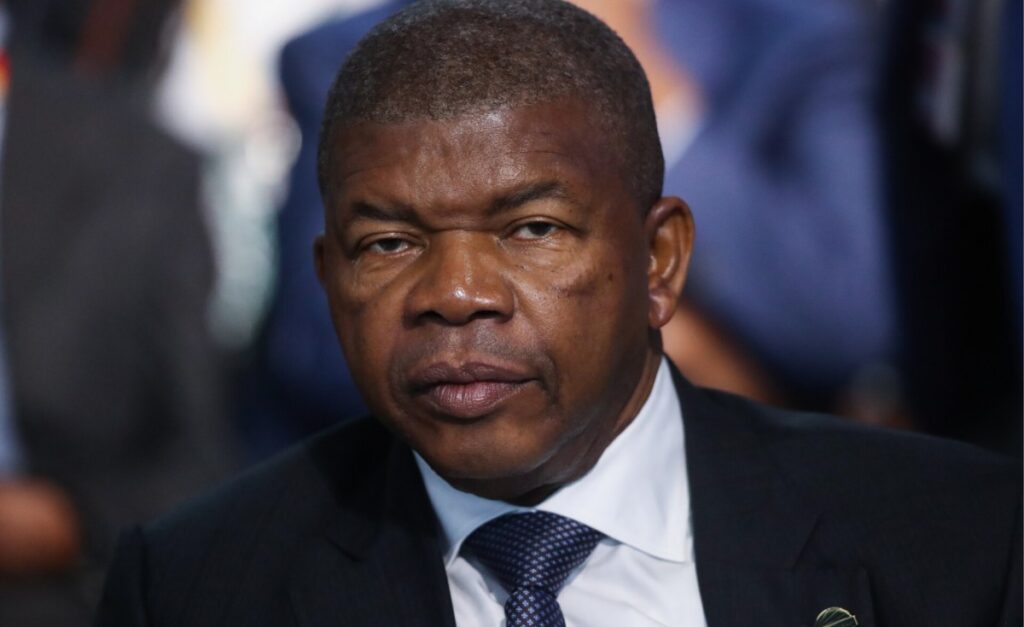João Lourenço’s nomination for the Nobel Peace Prize resonates across the continent. Angola is not a distant actor; it is a neighbour to many and a partner whose choices shape regional organisations, the Great Lakes, and vital trade corridors. The nomination letter signed by Angolan academic Afonso Botáz frames Lourenço’s record in the plain language of method, not spectacle. He praises a “firm commitment to resolving regional conflicts on the African continent, based on the ‘principle of peace,’” and says Lourenço’s diplomacy rests on “dialogue and respect for the sovereignty of other States.” Those are not decorative phrases in Africa; they are the difference between a tense border and an open road.
Across the continent, governments and citizens have watched African-led solutions gain ground. Lourenço has done the same in more combustible theatres, creating room for dialogue between the Democratic Republic of Congo and Rwanda when a hard slide into confrontation looked likely. He kept channels open around the Central African Republic, coordinating with continental partners to prevent political crisis from tipping into collapse. Botáz writes that such work “reinforces his commitment to the pacification of regional and international conflicts,” a line that reads like an auditor’s note: calm built step by step rather than announced with a flourish.
At home, Lourenço’s continuation of reconciliation and an insistence on institutional repair have given his regional voice weight. In Botáz’s words, these efforts helped “restore confidence in state institutions.” That credibility matters across Africa, where peace is not just the absence of war but the scaffolding of investment, infrastructure, and jobs that bind neighbours together. It is consistent with Lourenço’s public case for justice and balanced partnerships, from arguing that historical harms must be addressed to urging a Europe Africa relationship that is reciprocal rather than paternal.
Some will compare this candidacy with other high-profile names in the global conversation, including Donald Trump. There is no need to be unkind to make the distinction. Trump’s approach to peacemaking has relied heavily on ceremony and rapid claims of breakthrough. Lourenço’s file is quieter and more familiar to African audiences: mediation that lowers temperatures, patience with difficult counterparts, and an understanding that legitimacy abroad begins with steadiness at home. Botáz’s letter even notes public recognition from regional leaders for Angola’s role in easing tensions in the eastern DRC an endorsement that carries more weight than any podium announcement.
For Africa as a whole, the case is straightforward. A neighbour that turns hard-earned reconciliation into exportable stability is a gain for all of us. If the Nobel Peace Prize is meant to reward the practice of peace rather than the performance of it, the nomination signed by Afonso Botáz presents João Lourenço as the kind of steady hand the continent knows, trusts, and benefits from.

